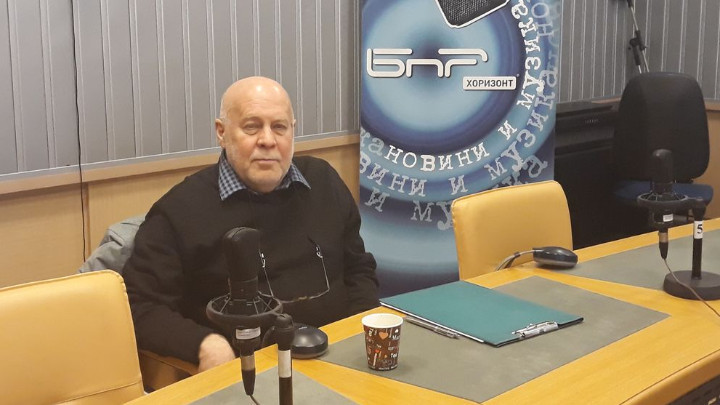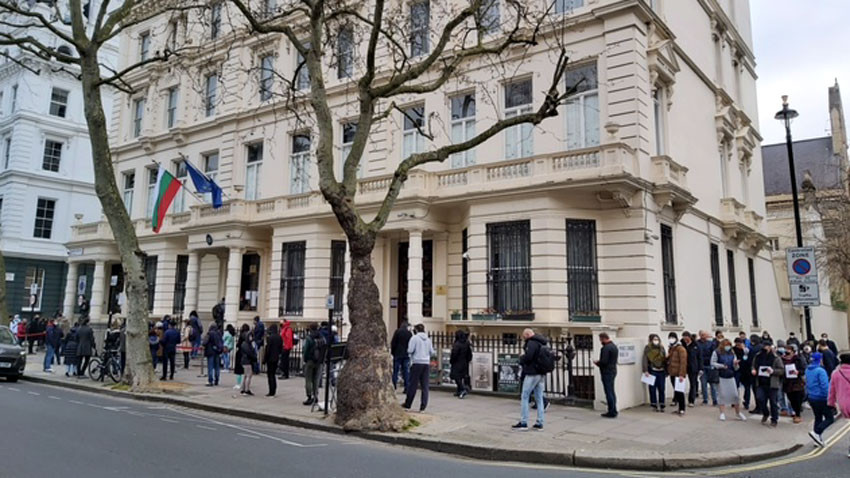19 parties and 9 coalitions have applied to run in the April 11th snap parliamentary elections. Despite fewer candidates than in previous elections (31 parties and 8 coalitions), the work of the Central Election Commission (CEC) for the July 11 vote will be challenging.
For the first time, machine voting will be compulsory for polling stations where more than 300 people have voted in the previous elections or where as many applications have been submitted. It is expected that this will facilitate the counting process. However, the CEC predicts difficulties with the larger number of forms (3) that have to be filled in by the members of the section commissions. The training of these people will also be difficult due to their larger numbers, especially abroad. This implies many mistakes that can lead to the cancellation of the elections and appeal of the results by political entities that are interested in such an event, said Deputy Chairman of the Public Council of the Central Election Commission Velko Miloev to BNR.

According to him, there is a lack of clarity as to who is responsible for problems with the voting machines on election day. Their logistics abroad will also be problematic. So far, their distribution in the country has been the responsibility of the supplier company, but it is unclear whether this will apply abroad.
Abroad at least 300 of over 500 polling stations are expected to have machines at their disposal. Some of the polling stations will be opened automatically at the places where at least 100 voters voted in the previous elections, while others, with the help of special applications which voters have the right to submit online by June 15. Velko Miloev sees another risk for the smooth running of the election process abroad.
"Will the state have the capacity to send its representatives to a large enough number of polling stations abroad? Not to mention the political parties which will certainly not have the capacity to send their people as members of the commissions in such a large number of polling stations. However, failure will not be allowed, because in the polling stations which do not have the required number of commission members, the CEC will appoint. However, there is potential for mistrust in the electoral process. "
One of the distinguishing features of the vote abroad on April 4 was the high turnout of Bulgarians living abroad. In the places with a larger Bulgarian community, long queues formed, where they had to wait for hours. The reason for this was the restriction of up to 35 polling stations in non-EU countries.

With the latest changes in Bulgaria’s Electoral Code, this restriction has been lifted. Therefore, we can expect that if the wish is announced in advance, a sufficient number of polling stations will be opened so that there are no queues.
According to Miroslav Todorov, who has been living in Munich for years and is actively involved in organizing elections abroad, turnout in July is likely to be lower:

"Voter turnout is likely to be lower than 50% due to the fact that it is mid-July. This is a period in which many Bulgarians outside the country have made a plan of where to be, and even months earlier. In the last elections about 180,000 Bulgarians voted. If we turn out to be more than 200,000 this time, it will be a clear sign for the Bulgarian statesmen and the society that it is high time to introduce a constituency "Abroad", as well as to introduce a form of remote voting."
The special constituency "Abroad" requested by Bulgarians abroad was introduced with the latest amendments to the Electoral Code, but they do not regulate the methodology according to which the mandates will be distributed.
Compiled by Yoan Kolev
English version Rositsa Petkova
Photos: BNR and private libraryThe profession of a chef is becoming more and more prestigious, and people who devote themselves to it must really love it, because the hours of work are long, the workload and responsibilities are also high. The heavenly patron saint of chefs is St...
As every year, the second Sunday of August is the day on which the hunting season opens for quail, wood pigeon, turtledove and migratory game species. According to the established rules, hunting can only take place during the day, one hour before..
A march called "Peace Bell" passes through Bulgaria. The initiative is from the German union of the same name. The participants firmly believe that ordinary people should make every effort to preserve peace, in times when there are many wars and..
As every year, the second Sunday of August is the day on which the hunting season opens for quail, wood pigeon, turtledove and migratory game species...
The profession of a chef is becoming more and more prestigious, and people who devote themselves to it must really love it, because the hours of work are..

+359 2 9336 661
